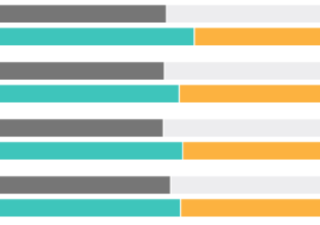The Republican governor called the General Assembly the best of his two terms. Democrats declared victory, too, after overriding 10 vetoes from the governor in the past week to accomplish some of their priorities.
Title IX a mystery to most parents and students, poll says
Title IX is nearly 50 years old, but a new poll has found that nearly three-quarters of students and nearly 60% of parents said they know “nothing at all” about the landmark civil rights law.
Federal Title IX data on sports participation is unreliable
Fifty years after the passage of Title IX, it’s still impossible to tell whether high schools are complying with the law unless someone complains.
Students level the playing fields at California high school
Many high school girls lack the information to recognize Title IX violations and to demand change from school officials. But once two Rancho Buena Vista High School students received that information, they acted.
Title IX complaints and unkept promises in Prince George’s County
Under a 2006 agreement, Prince George’s County Public Schools promised to adhere to Title IX requirements with a focus on boosting participation and improving conditions for high school girls sports. But problems remain.
A model for Title IX compliance at a New Jersey high school
Union City High is, in many ways, a model for schools across the country. Over the last few years, the high school has been creating more opportunities for girls in sports.
Title IX requires girls sports get equal publicity. They often don’t.
Title IX requires equal opportunity for girls in school-based sports programs receiving federal financial assistance — including equal publicity.
Field conditions, amenities fuel many Title IX legal disputes
At some high schools across the country, parents, students, former students –– even coaches –– have become so frustrated over apparent Title IX violations that they’ve sued the local high schools.
Inaction on Title IX spans decades in Congress
Nearly 50 years after the passage of Title IX, the federal government still does not have an accurate way of knowing how many high schools and other secondary schools are in compliance with the statute.
Title IX can only protect those who know about it
Each school district crafts its own Title IX training — if the district offers any at all.






